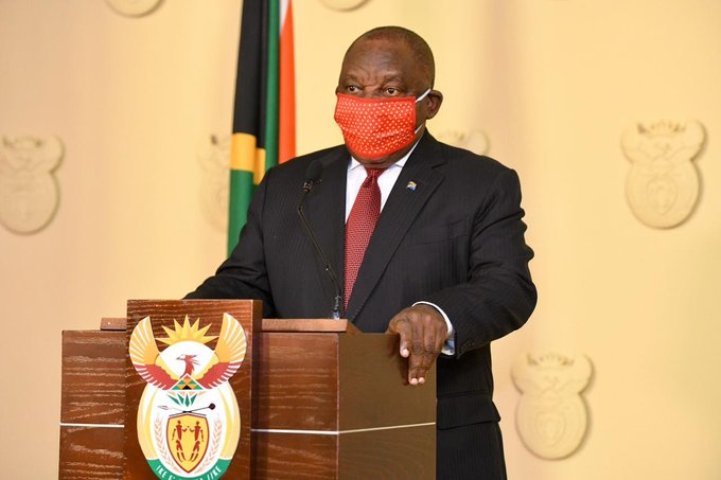President Ramaphosa to deliver 2020 National Women’s Day address
This year’s Women’s Month will be celebrated under the theme: “Generation Equality: Realising women’s rights for an equal future”.

- Country:
- South Africa
President Cyril Ramaphosa will deliver the 2020 National Women’s Day keynote address virtually on Sunday.
This year’s Women’s Month will be celebrated under the theme: “Generation Equality: Realising women’s rights for an equal future”.
Given the national lockdown restrictions on public gatherings, this year’s national day will be televised and celebrated virtually with President Ramaphosa delivering his keynote address remotely.
National Women’s Day is celebrated on 09 August every year as part of Women’s Month, which commemorates the heroic 1956 Women’s March to the Union Buildings against draconian pass laws and their impact on women.
Women’s Month is a platform from which government and civil society are able to highlight the challenges confronting women and profile programmes and policies that advance women’s empowerment and gender equity.
This year Women’s Month objectives are to advance efforts to end gender discrimination and advance the rights of women and girls in the political, economic, social and cultural spheres of life, and mobilise women and strengthen organised formations towards the development of sustainable Action Coalitions.
The Month also aims to advance efforts to develop national consensus around a programme of gender policy priorities and programming to advance the gender agenda in the period 2020-2025 and towards the achievement of gender equality in South Africa by 2030.
Women’s Month 2020 is also directed towards giving impetus to the accelerated implementation of programmes for women, youth and persons with disabilities.
Furthermore, government and civil society are working together to address national priorities including the eradication of gender-based violence, expanding youth employment and ensuring reasonable accommodation for persons with disabilities.
Cabinet this week approved the submission of the three GBV Bills - the Criminal Law (Sexual Offences and Related Matters) Amendment Bill of 2020, National Register for Sexual Offences and the Domestic Violence Amendment Bill, to Parliament.
These Bills respond to a number of issues raised during the Presidential Summit Against GBVF held in 2018 in respect of the criminal justice system.
The amendments provide a victim-centred response in the criminal justice system in respect of sexual offences.
It tightens bail conditions for perpetrators of sexual offences. Warrants of arrest will no longer be a requirement prior to law-enforcement agencies responding to reported sexual crimes. Parole conditions are also strengthened and minimum sentences increased. The amendments also strengthen the consequences of contravening a protection order.
The Criminal Law (Sexual Offences and Related Matters) Amendment Bill also amends the National Register for Sex Offenders by broadening its scope from only children and mentally disabled persons and extends it to protect all vulnerable groups. Persons who are in this register are compelled to disclose this information when they submit applications to work with these groups.
The Domestic Violence Amendment Bill facilitates the obtaining of protection orders against acts of domestic violence via electronic means.
It obliges the Department of Social Development and Department of Health to provide certain services to victims of domestic violence and aligns the provisions of the Domestic Violence Act, 1998 (Act 116 of 1998) with the provisions of the Protection from Harassment Act, 2011 (Act 17 of 2011).
(With Inputs from South African Government Press Release)










